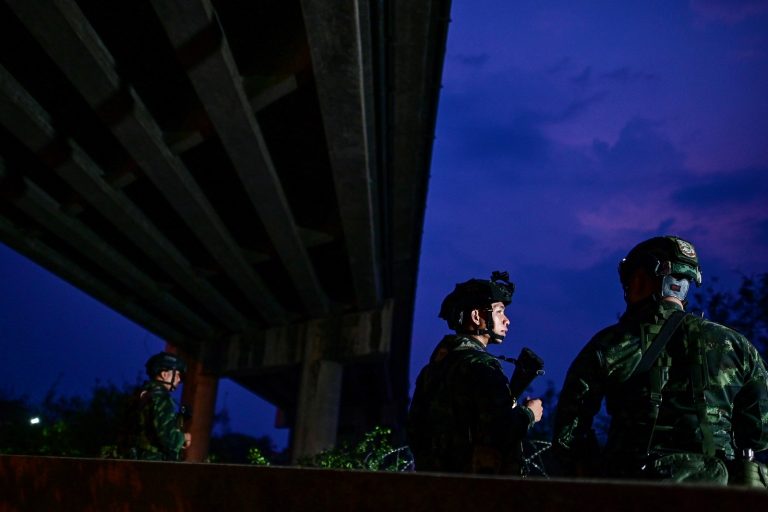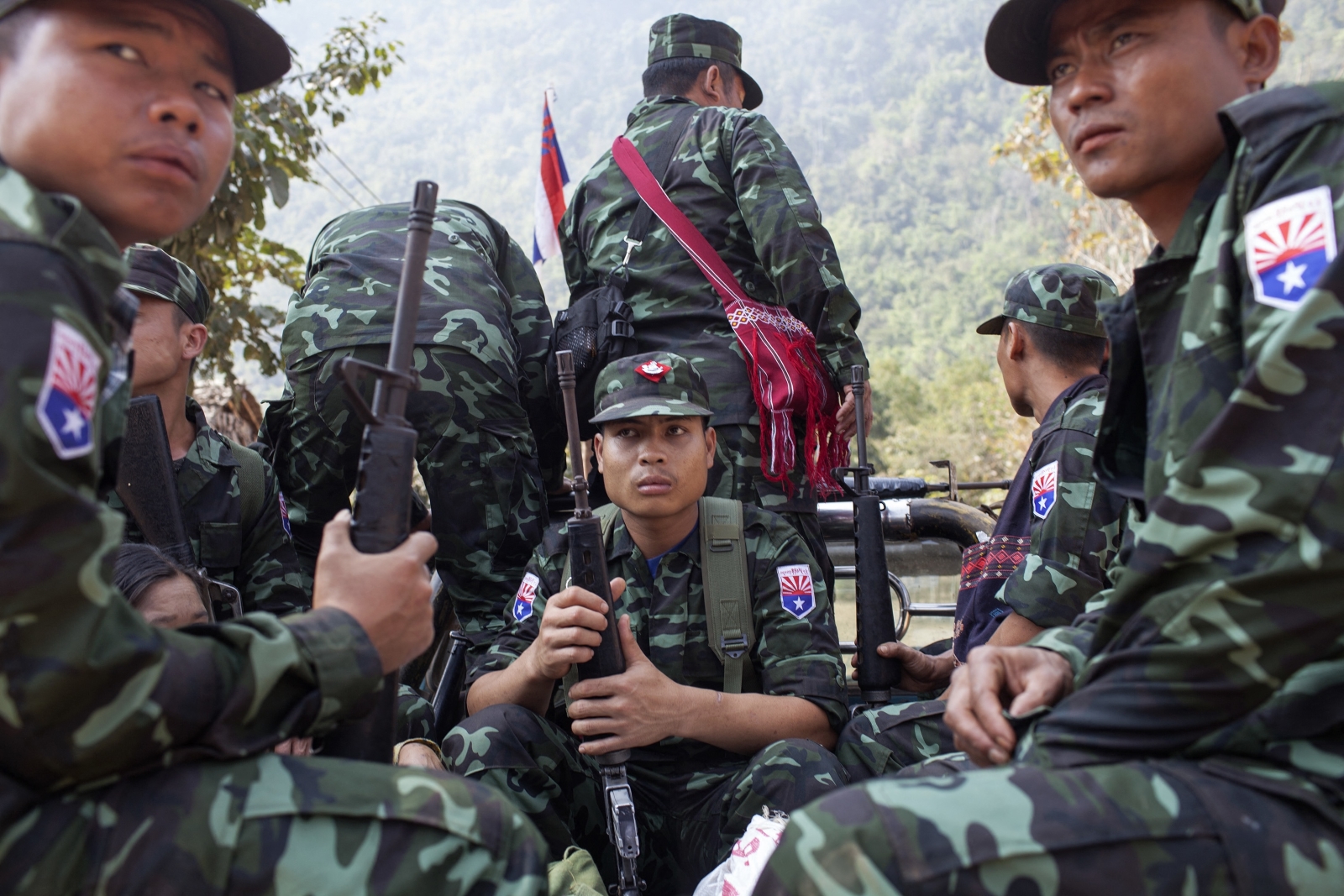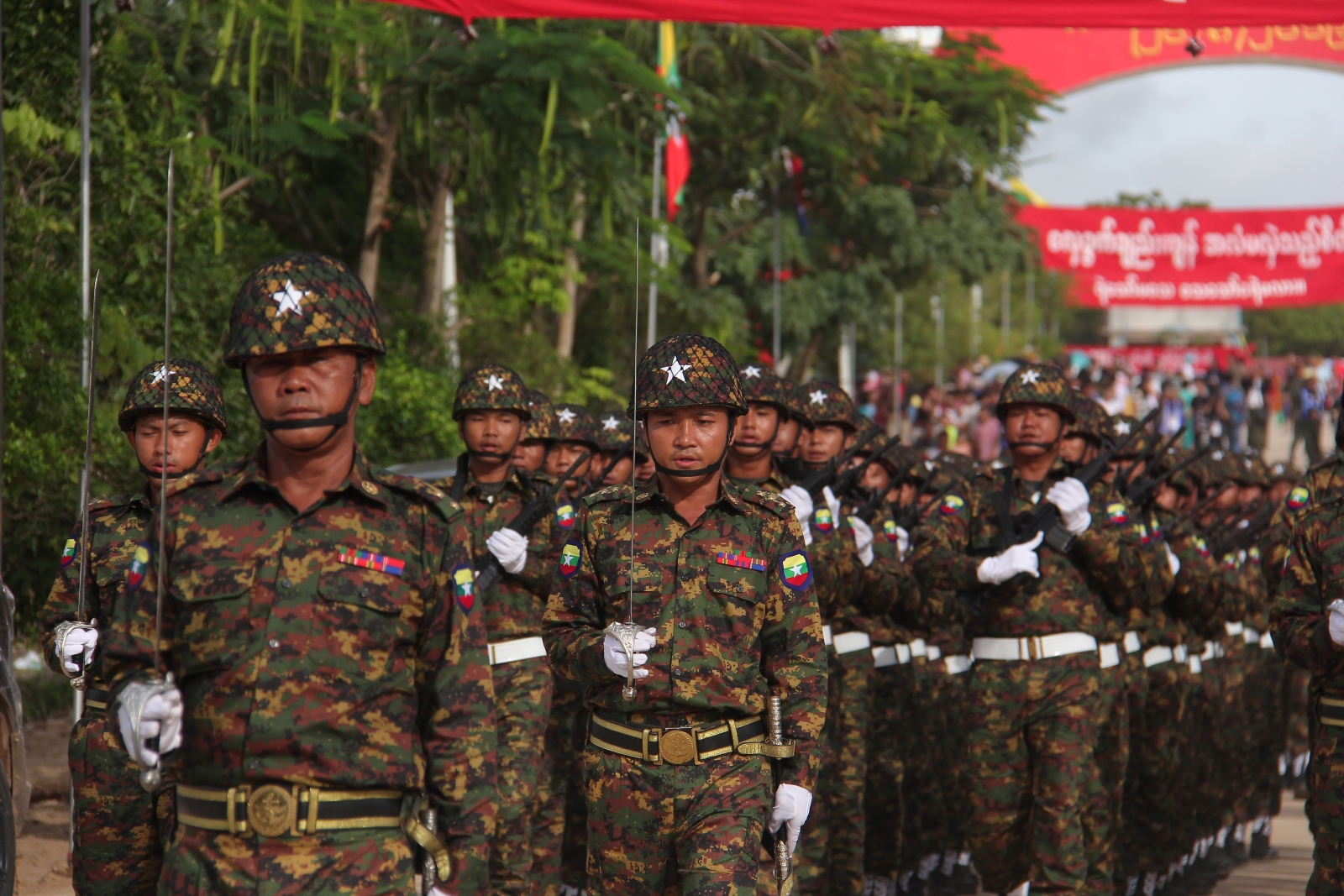The leader of the National League for Democracy faces some daunting challenges when she takes charge of the peace process after her government assumes power on April 1.
Daw Aung San Suu Kyi, told an Independence Day event at NLD headquarters on January 4 that the first priority of an NLD government would be building internal peace.
She will lead the peace process launched by President U Thein Sein’s administration after her government takes office on April 1. I would like to discuss the challenges the NLD government may face in achieving peace.
The former military government made no attempt to hold a political dialogue with armed ethnic groups and even though it reached bilateral ceasefire agreements with many of them, it stopped short of discussing a national truce. It also tried to coerce armed ethnic groups into forming border guard forces that would be under Tatmadaw command. Resistance to forming the BGFs lead to tension and fighting erupted with some armed ethnic groups. After President U Thein Sein’s government took office in 2011, peace talks began as part of a concerted attempt to reach a ceasefire accord. Months of negotiations resulted in an agreement being reached on a draft text for a national ceasefire agreement on March 31, 2015.
Problems began to emerge as preparations were being made for the government and armed ethnic groups to sign the NCA. The government and the Tatmadaw opposed the involvement of three groups that had been fighting its forces in the Kokang region bordering China: the Myanmar National Democratic Alliance Army and its allies, the Ta’ang National Liberation Army and the Arakan Army. The decision angered the Kachin Independence Organisation, the armed wing of the Kachin independence Army, and it said it would not sign the NCA unless the three groups were included. The NCA was signed on October 15 by the government and eight non-state armed groups, led by the Karen National Union. There were 15 groups involved in the negotiations. Most of those excluded from the agreement are in northern Myanmar, where fighting has continued.
When the NLD government becomes involved in the peace process, it must first address this problem. The groups that were excluded from the NCA do not trust the Tatmadaw and have tried to exert pressure on it through continued fighting. The MNDAA has provided arms to the Ta’ang National Liberation Army and has given training to the Arakan Army, enabling it to resume operations in Rakhine State.
Support more independent journalism like this. Sign up to be a Frontier member.
Another issue involving the situation in the Kokang Region concerns China and its relationship with a future NLD government. As a major investor in Myanmar, China does not want the government and the Tatmadaw to become too friendly with the United States and other western countries. This is a particular concern among officials in China’s Yunnan Province, which has benefitted from border trade with Myanmar in jade, timber and oil and gas. China seems to want to exert pressure on the government and the Tatmadaw through support for armed groups in border areas.
The KIA’s General Gun Maw recently told officials at the Myanmar Peace Center that the “Chinese side” had been arming the MNDAA and the TNLA, providing them with 5,000 and 2,000 weapons respectively.
Gen Gun Maw, who did not specify what he meant by the “Chinese side”, also said he had rejected proposals from the MNDAA and TNLA to use areas under KIA control.
The Tatmadaw, in upholding what it regards as its duty to maintain national sovereignty, will never accept pressure from ethnic armed groups. The Tatmadaw has deployed large numbers of troops to Rakhine State as part of a campaign to prevent the AA from establishing a foothold in the state.
This is the situation that Daw Aung San Suu Kyi will inherit when she takes charge of the peace process. The provisions of the 2008 Constitution mean she will not be able to exert control over the Tatmadaw. She will also face hostility from the leaders of some armed ethnic groups who have benefitted from conflict and embrace neither democracy nor federalism. Another challenge is the attitude of a neighbouring superpower that is not conducive to peace in Myanmar.
Leading the peace process is not going to be easy for Daw Aung San Suu Kyi.






